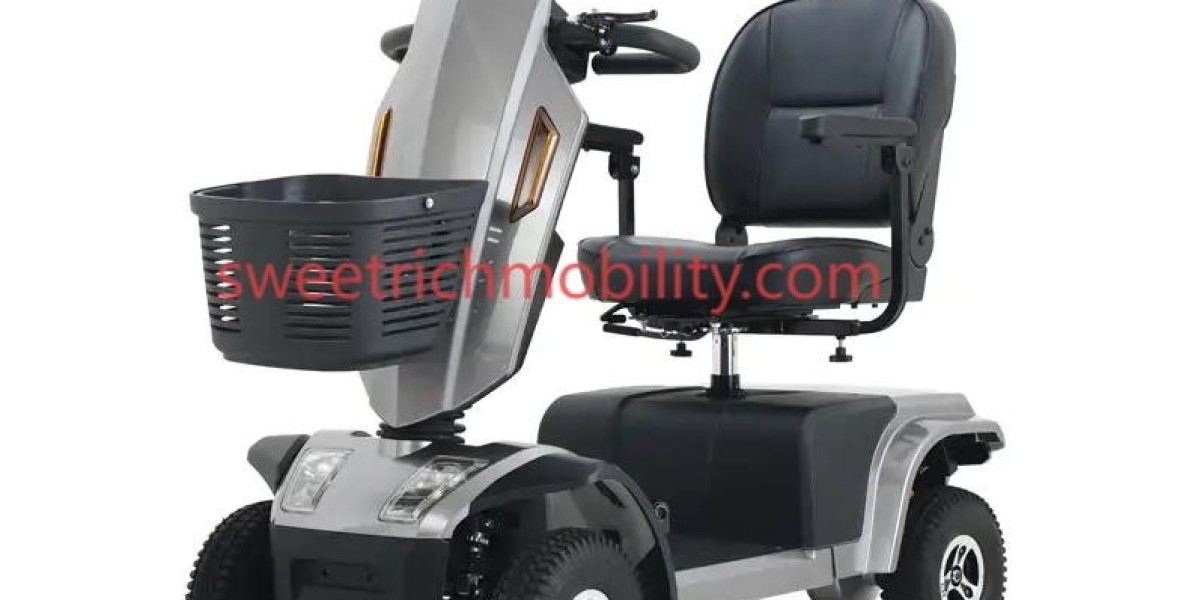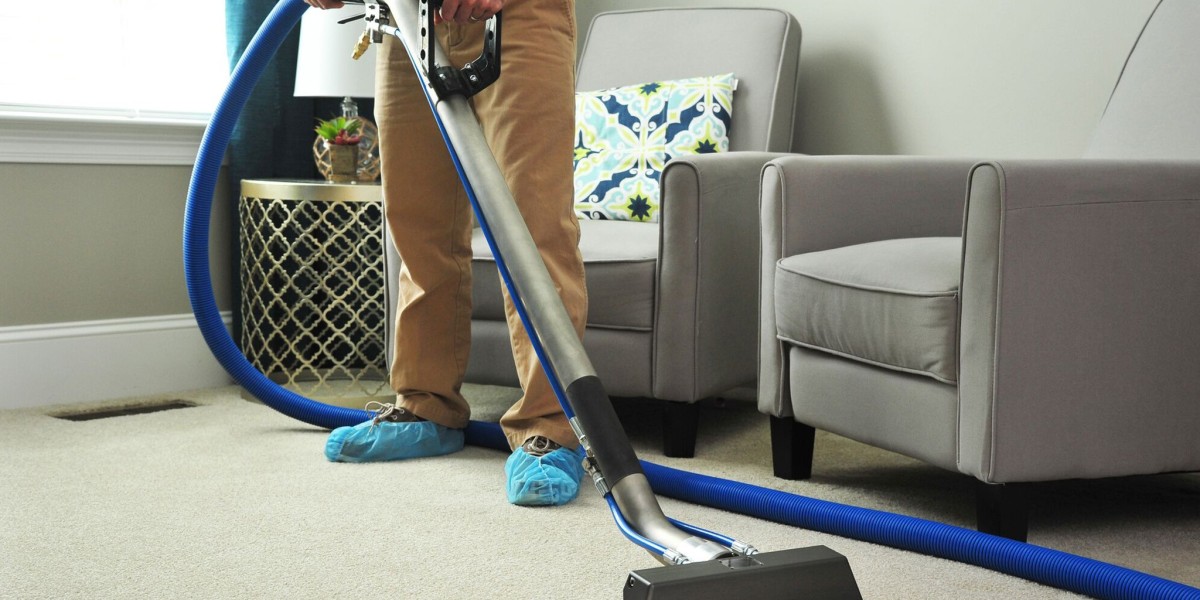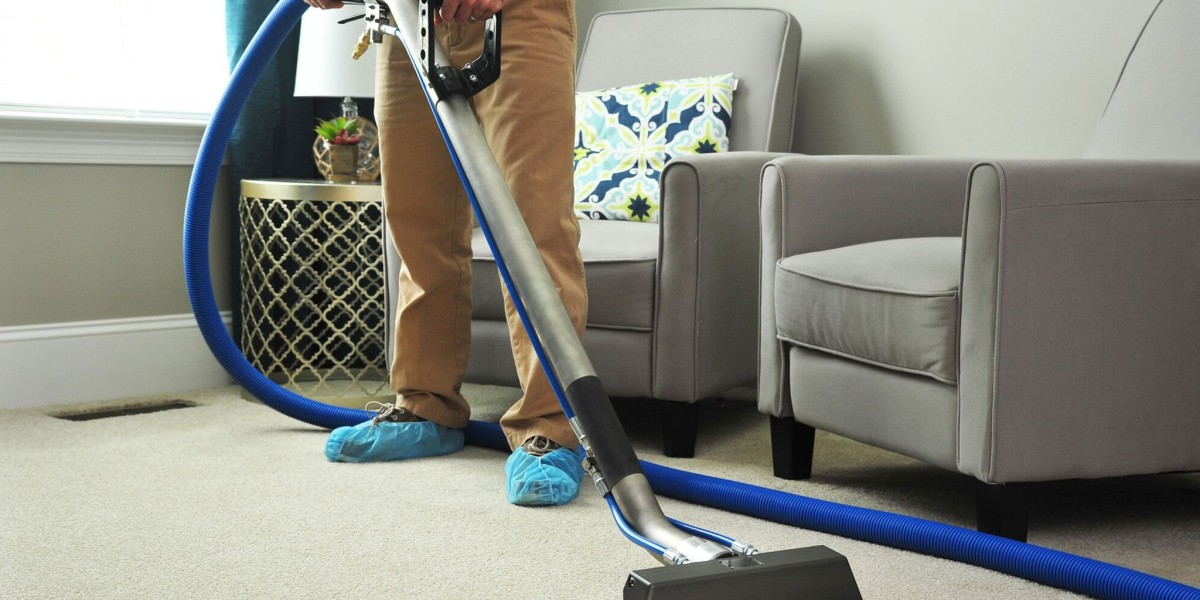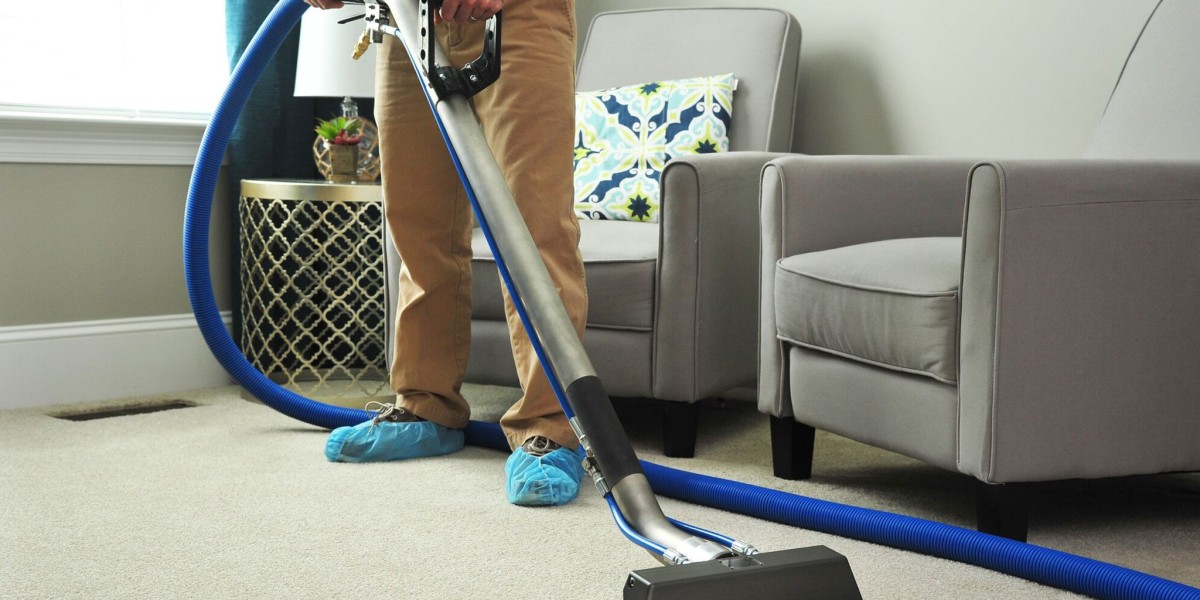As more people seek practical solutions for moving through cities, efficiency and environmental mindfulness guide decision-making. Among the growing range of options, a Wholesale Mobility Scooter platform can offer a scalable solution for fleets and individuals alike, especially when aligned with modern innovation across battery systems, digital controls, and adaptable design.
Advances in intelligent systems are no longer just add-ons—they’re part of the core functionality. Adaptive cruise settings, real-time diagnostics, and seamless user interfaces make these scooters far more than traditional transport tools. They respond to rider habits, adjust to surface conditions, and integrate into connected ecosystems, enabling smarter movement across dense communities.
One of the most transformative developments is the rise of flexible battery configurations. Lightweight and easy to swap, new power modules can be tailored to different usage durations, allowing users to go further without burden. This innovation not only reduces waiting time for recharges but also supports more sustainable maintenance cycles by extending overall product life.
Alongside energy systems, the architecture of these scooters is evolving to be more modular. For fleet owners, modular construction simplifies inventory planning. For personal users, it means easy repair and customization. Need to change a control component? Replace a base frame element? Modular design means less downtime, fewer full-unit replacements, and faster service.
Economic changes have also shifted how users think about ownership. Many riders prefer subscription access or short-term rental models rather than full-time possession. This approach reflects broader trends in shared mobility, where the product must be durable, digitally managed, and suitable for multiple users daily. Digital locks, usage tracking, and remote diagnostics are all necessary components that enhance usability across shared environments.
With these trends in mind, companies must build more than just vehicles. They need platforms—hardware and software working together. Mobility providers now benefit from detailed insights into user patterns, mechanical performance, and network efficiency. This level of integration allows timely upgrades, proactive care, and better alignment with demand peaks in different regions.
Sweetrich, based in Suzhou, has been at the forefront of these transitions. Their design and manufacturing philosophy revolves around adaptability, simplicity, and function—meeting the changing needs of both users and operators. Their lineup continues to reflect thoughtful advancements that echo global calls for efficiency, sustainability, and smart control.To explore their mobility innovations and see how they’re shaping the future of compact, tech-forward transport, visit their official platform: http://www.sweetrichmobility.com/product/ .








